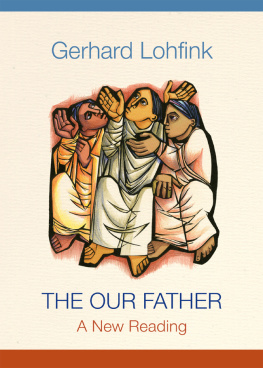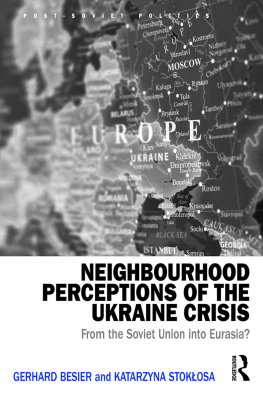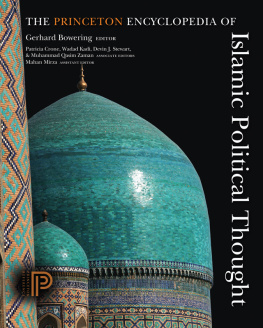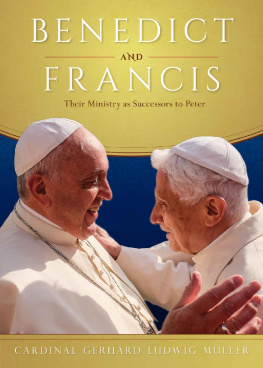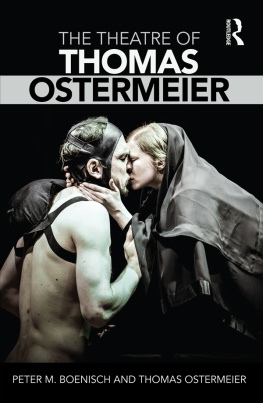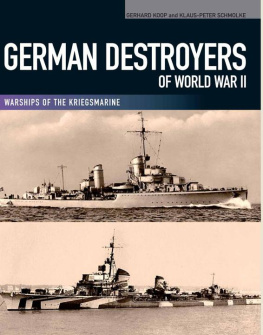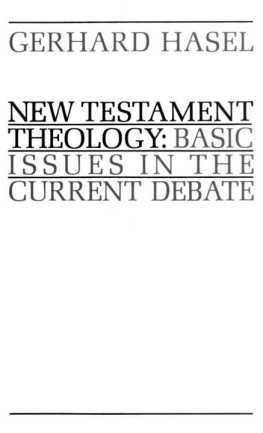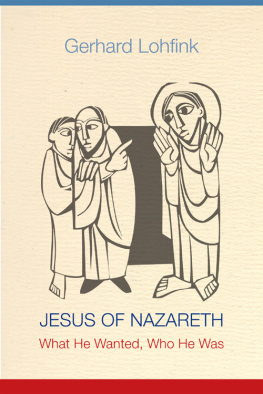Gerhard Jörder - Ostermeier
Here you can read online Gerhard Jörder - Ostermeier full text of the book (entire story) in english for free. Download pdf and epub, get meaning, cover and reviews about this ebook. City: Berlin, year: 2016, publisher: Theater der Zeit, genre: Home and family. Description of the work, (preface) as well as reviews are available. Best literature library LitArk.com created for fans of good reading and offers a wide selection of genres:
Romance novel
Science fiction
Adventure
Detective
Science
History
Home and family
Prose
Art
Politics
Computer
Non-fiction
Religion
Business
Children
Humor
Choose a favorite category and find really read worthwhile books. Enjoy immersion in the world of imagination, feel the emotions of the characters or learn something new for yourself, make an fascinating discovery.

- Book:Ostermeier
- Author:
- Publisher:Theater der Zeit
- Genre:
- Year:2016
- City:Berlin
- Rating:5 / 5
- Favourites:Add to favourites
- Your mark:
- 100
- 1
- 2
- 3
- 4
- 5
Ostermeier: summary, description and annotation
We offer to read an annotation, description, summary or preface (depends on what the author of the book "Ostermeier" wrote himself). If you haven't found the necessary information about the book — write in the comments, we will try to find it.
Ostermeier — read online for free the complete book (whole text) full work
Below is the text of the book, divided by pages. System saving the place of the last page read, allows you to conveniently read the book "Ostermeier" online for free, without having to search again every time where you left off. Put a bookmark, and you can go to the page where you finished reading at any time.
Font size:
Interval:
Bookmark:
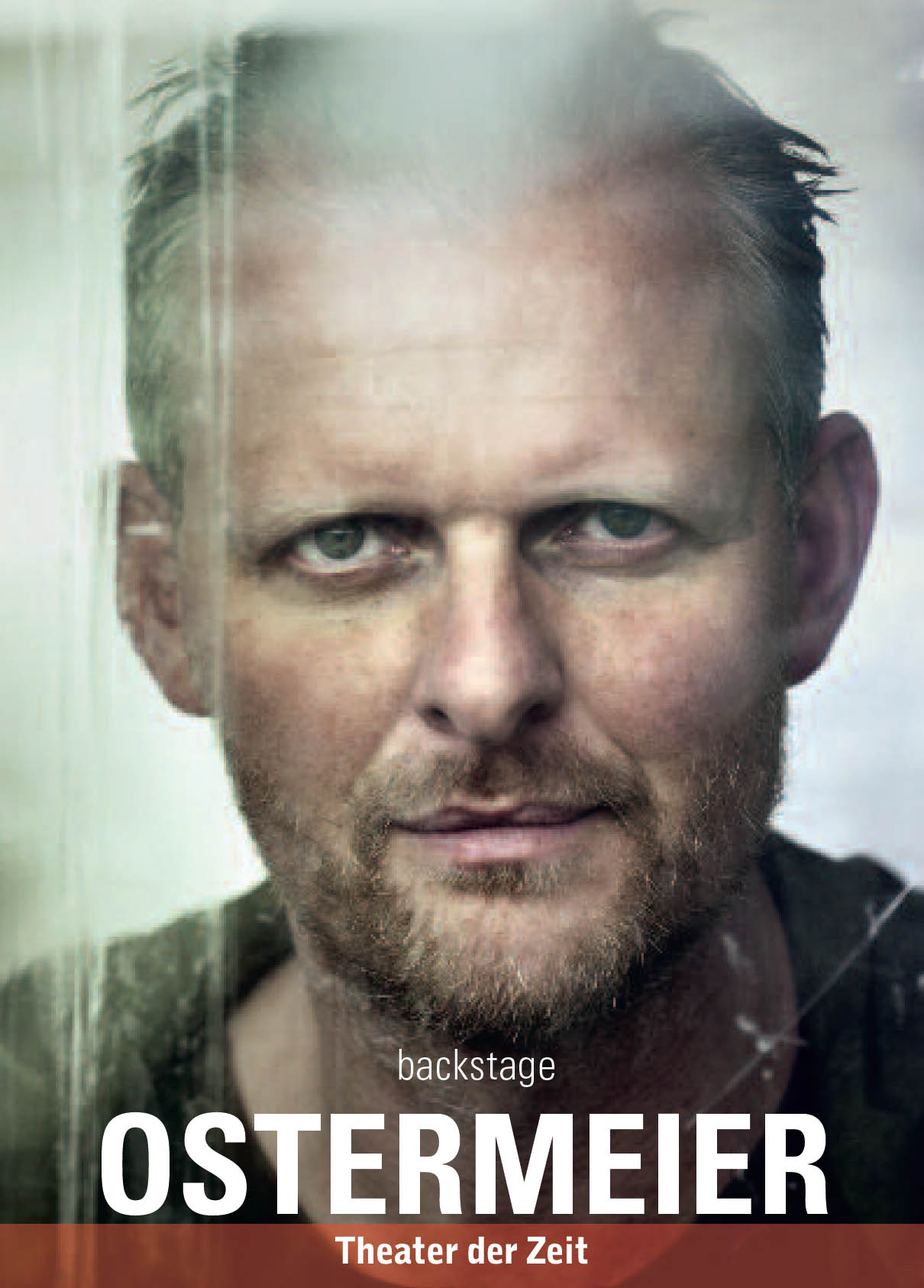
backstage | Ostermeier |
Gerhard Jrder
backstage
With a foreword by Gert Voss

by Gert Voss
The first time I ever heard of Thomas Ostermeier was when I saw his production of Shopping and Fucking at the Festwochen in Vienna. Excited, I went puffing up to the fifth floor to see him and his troupe, and there he sat, sober and silent, and I wasnt able to properly express my praise to the man himself. Here I hope to make up for that.
The production was incredibly real, and theatrical in the best sense of the term. This was no flat naturalism, no mere transferral of the real world to the stage. Ostermeier came up with ingenious images and incarnations that arose out of the theatrical imagination and took the brutality in the play, which in fact defies performance, and presented it in a way that was both real and invisible. It was this path, of translating into theatrical language, that captured my imagination and empathy a thousand times more.
I value his humanity, the way he treats the characters in plays, the way he treats me as an observer, the way he treats his actors. They blossom under him, they are authentic, because theyre allowed to develop autonomy and their own imaginations. He himself is an excellent listener and observer, respects dissent, he only speaks in rehearsals in response to questions, he gives the actors time to develop, and isnt easily satisfied. He encourages in the best sense of the word.
Having done Ibsens The Master Builder and Shakespeares Measure for Measure with him, both of which he interpreted and adapted in a way that was extremely clever and conscientious, he became a highly important director for me, one whose way of working has taught me so much. Like Peter Zadek, Ostermeier possesses the ability to present reality on the stage using unusual and highly powerful means. I found his way of working exhilarating, because he doesnt exert pressure, rather he slowly and patiently works his way forward, observing closely. This freedom and lightness of touch results in true veracity and authenticity, but at the same time a kind of mystery about people that he doesnt seek to solve or simplify.
Rehearsing with Thomas is really a great adventure. His curiosity and his precision in watching and listening mean that you discover completely new things every day. He is very conscientious in his interaction with all of the stage workers and that gives everyone a great sense of shared enterprise.
He has an absolutely musical ear and an absolute sense for theatrical tone and theatrical dishonesty which keeps his productions from becoming conventional. The wonderful thing about his work and the way he works with actors is that he is always fighting for something, not just fighting in the interests of formalism.
Overall I have to say that Thomas has become one of the most important directors for me. And as a person, I like the fact that he has remained unpretentious and incorruptible, he isnt driven by careerist thinking and, last but not least, that he is an observer of the world.

Gert Voss died after a brief, severe illness just a few days before the German edition of this book went to print. The passages in the following discussion that refer to him remain unchanged.
Mister Ostermeier, where have you just come from?
From Venice, where we were doing a guest performance of An Enemy of the People.
And where will the next trip take you?
To Zagreb, with Death in Venice. Later in the year well be going to South America with An Enemy of the People once again, So Paulo and Buenos Aires. Well be doing a guest run in New York with the same play, for a week. In between there is Rome, Hedda Gabler. And I almost forgot St Petersburg is also on the schedule.
The Schaubhnes international guest performances
And in the last few months you were in Lausanne and Lyon, in Montreal and Quebec, among other places Its truly a crazy schedule that you and your company have taken on, across countries and continents. Every season the Schaubhne is on the road with more than a hundred guest performances. Im very keen to talk about this right at the outset of our discussion about the incredible international activities of the Schaubhne, the full extent of which only really became apparent to me when I started preparing for this book. I believe the same goes for others as well. Because ultimately, despite the countless guest appearances, the Schaubhne still offers a full programme in its home port of Berlin day in, day out, often multiple productions in parallel. Is there any other German theatre that comes close to this kind of international workload?
Only dance companies come to mind Pina Bausch, Forsythe.
Some of your major Ibsen productions, Hedda Gabler and An Enemy of the People, but also Hamlet with Lars Eidinger, tour throughout the world. You yourself always take part in these guest tours whenever possible. With the Schaubhnes amazing presence and representation its hardly surprising that DIE ZEIT described you some years ago as the face of modern German theatre in the world. Does that fill you with pride?
Giving a face to the new bourgeoisie
I dont deconstruct, I reconstruct
No, in fact I have difficulties with that kind of label! Im quite capable of assessing myself. I know that I still havent made truly great theatre history like Marthaler, Castorf or Schlingensief, for example, who have made a significant aesthetic impact. The only aesthetic impact that my work to date may have made is in giving a face to the new bourgeoisie with productions such as A Dolls House, Hedda and An Enemy of the People. I think people draw a connection between the glittering, design-obsessed surfaces of the new middle class and my theatre work. But theres also the crazy Hamlet with the upturned crown on his head. The fact that I am so successful abroad is above all due to my narrative style. A lot of what we here consider the last word in modish avant-garde is impossible to communicate abroad as a relevant theatre aesthetic. In America and the UK they call it Eurotrash. I am, if you will, the little brother of the Deconstructionists when the big brothers have torn everything apart, someone has to collect the pieces and put them together again. And thats what I do. But always in the hope that the joins between the pieces are visible. In Japanese culture they have an expression for it Kintsugi. A ceramic object is only truly beautiful after it has been broken and put back together again. Making the joins visible is the goal of the aesthetic. I dont deconstruct, I reconstruct. And Im telling stories again. Cultures that are oriented toward narrative, particularly the Anglo-Saxon world, they simply skip the generation of my big brothers, who dont even get invited and come directly to me. And thats how you (laughs) become the face of German theatre all of a sudden.
That makes sense to me your story-telling realism is comprehensible throughout the world, while some peculiarities of German
Font size:
Interval:
Bookmark:
Similar books «Ostermeier»
Look at similar books to Ostermeier. We have selected literature similar in name and meaning in the hope of providing readers with more options to find new, interesting, not yet read works.
Discussion, reviews of the book Ostermeier and just readers' own opinions. Leave your comments, write what you think about the work, its meaning or the main characters. Specify what exactly you liked and what you didn't like, and why you think so.

